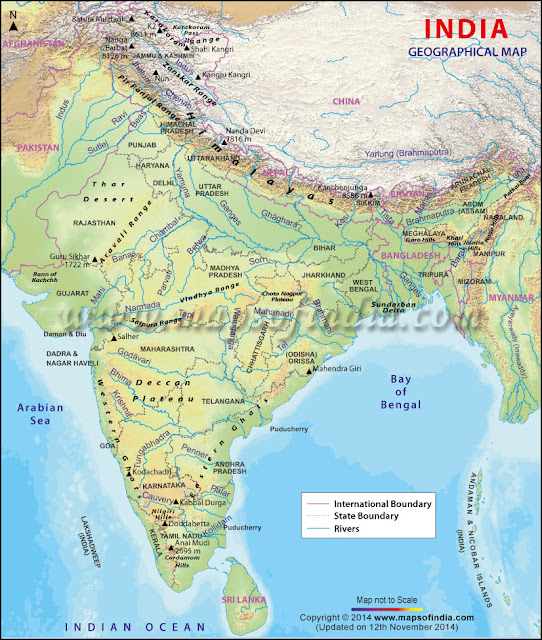Indian Polity: Bills Passed By Parliament
1) Ordinary Bill(Article 107):
- A bill other than money or financial bill is termed as ordinary bill
- This bill may originate in either house of parliament.
- this bill is firstly passed by both the houses of parliament and if there is any deadlock , President may call for the Joint Session. Joint session is presided by speaker of Loksabha.
- President may
- a) Pass the bill.
- b) Hold the Bill(Pocket Veto).
- c) Returnback the bill(Suspensive Veto
- d) Cancel the bill(Absolute Veto), Bill which are presented by ministers cannot be cancelled by the president.
2) Money Bill(Article 110):
- Bill is money bill if contains: a) the imposition, abolition, remission, alteration or regulation of any b) borrowing by government, money required from consolidated fund of India or any other money related matter
- Articles 109 and 110 deal with Money Bills.
- A Money Bill can only be introduced in the LokSabha. It can not be introduced in RajyaSabha.
- The Money Bill can be introduced without the recommendation of the President.
- No dead lock occurs.
- No Joint Session of House necessary.
- A Money Bill is passed by LokSabha. Thereafter it is sent to RajyaSabha for recommendations. RajyaSabha must return it within 14 days, with or without recommendations.
- LokSabha may consider or may not consider the recommendations of the RajyaSabha pertaining to Money Bills.
- Whether it is a Money Bill or not, the Speaker has to give a certificate and shall be endorsed only it. (Art. 110(4).
3) Financial Bill(117):
- A financial bill include two or more than two money matters or one money matter and other ordinary matter.
- All Money bills = Financial bills but all Financial bills ≠ Money bills.
- This bill always originate in Loksabha and then passed to RajyaSabha.
- After passing from LokSabha this bill behave like ordinary bill

Comments
Post a Comment